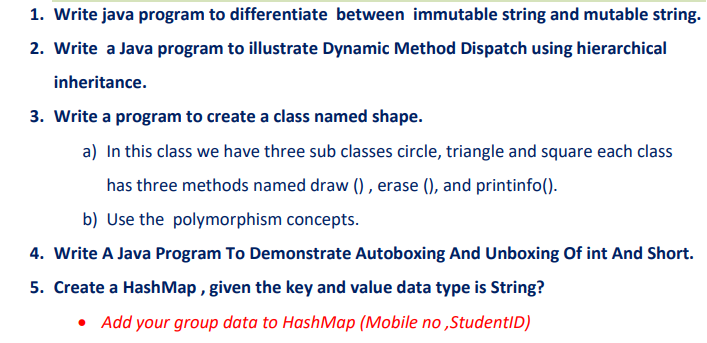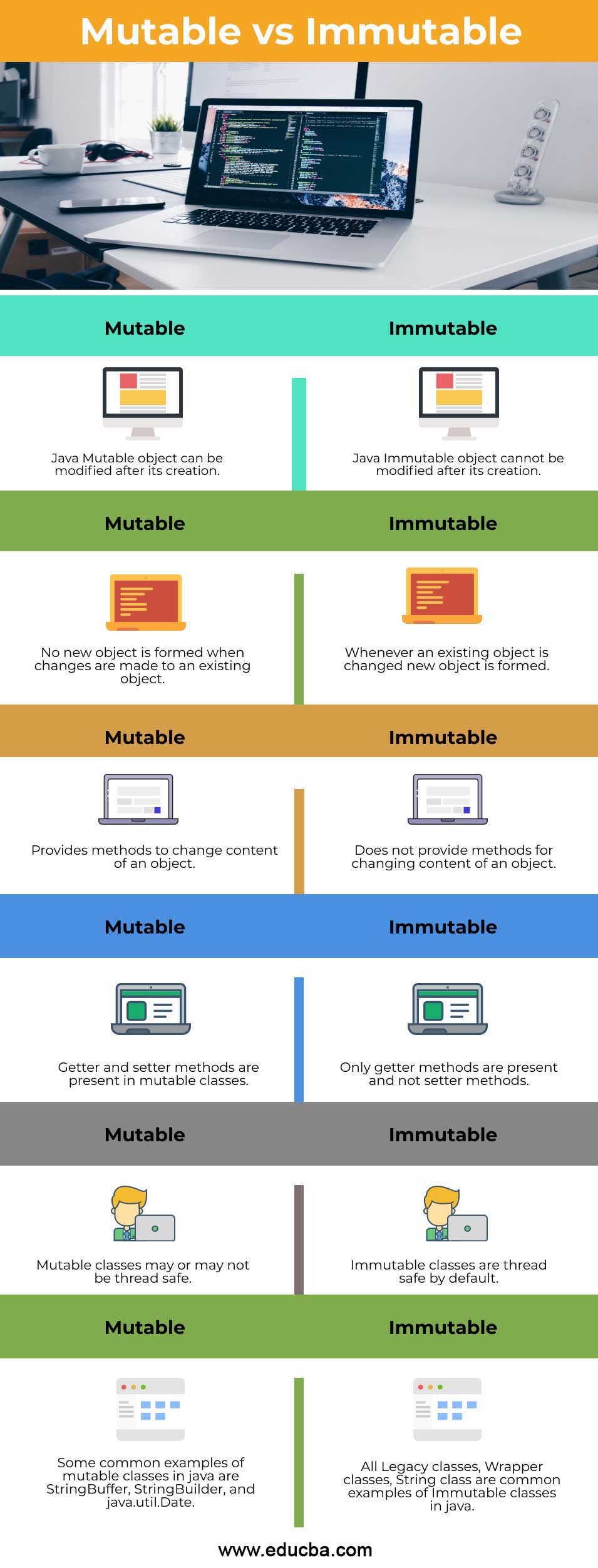Immutable Strings: A Secret Element in Ensuring Information Consistency and Integrity
In the world of data management, the value of unalterable strings can not be overemphasized. These unchanging series of personalities play an essential duty in upholding the honesty and accuracy of info within systems. By maintaining a state of immutability, data consistency is ensured, promoting a structure of reliability whereupon critical processes depend. The concept of unalterable strings transcends mere formality; it is a cornerstone in the complex internet of information administration. As we explore the advantages, implementation techniques, and practical applications of immutable strings, a more clear image emerges of their indispensable nature in safeguarding the electronic landscape.
The Principle of Immutable Strings
Unalterable strings, a basic principle in programs, describe strings that can not be changed when they are created. Fundamentally, once a string worth is appointed, any type of operation that appears to modify the string in fact produces a new string. This immutability guarantees information uniformity and dependability in applications, as it stops unexpected adjustments to the initial data.
Advantages in Information Consistency

Information consistency is vital in different elements of software program advancement, including data source management, multi-threaded environments, and distributed systems (Why are strings immutable in Java?). Immutable strings contribute dramatically to achieving this consistency by preventing information corruption because of simultaneous accessibility. In circumstances where numerous processes or strings interact with the exact same data all at once, unalterable strings function as a guard versus race conditions and synchronization concerns
In addition, the immutability of strings streamlines debugging and testing procedures. With immutable strings, developers can rely on that when a string is set, it will continue to be unmodified, making it simpler to map the source of mistakes and making sure that test situations produce consistent outcomes. This dependability in data dealing with ultimately brings about more robust and stable applications.
Carrying Out Unalterable Strings
Making sure the immutability of strings needs a thoughtful method to their application in software application development. One key strategy is to develop string classes in a manner that protects against alterations when a string things is developed. By making strings immutable, developers can improve data consistency and reliability in their applications.
To apply immutable strings properly, developers need to prefer creating brand-new string items rather than modifying existing ones. This method ensures that when a string is assigned a value, it can not be altered. In addition, any operation that shows up to modify the string must develop a new string with the preferred modifications rather than modifying the original.
Moreover, utilizing immutable strings can simplify concurrency administration in multi-threaded environments. this contact form Since unalterable strings can not be altered after creation, they can be safely shared amongst multiple strings without the threat of data corruption.
Duty in Dependability Guarantee
In software application growth, the use of immutable strings plays a critical duty in making certain the integrity of data procedures. Unalterable strings, as soon as developed, can not be modified, guaranteeing that the information they represent remains regular throughout the application's execution. This immutability residential or commercial property supplies a degree of assurance that the information being refined will certainly not be inadvertently transformed, bring about unexpected outcomes or mistakes in the system.
By including unalterable strings right into software application layout, developers can enhance the integrity of their applications by reducing the risks related to mutable data - Why are strings immutable in Java?. Unalterable strings assist in stopping information corruption or unexpected alterations, which can be particularly essential when managing sensitive details or when information stability is extremely important
Furthermore, using unalterable strings streamlines simultaneous processing, as multiple threads can safely access and share string data without the threat of one string changing the material while one more reads it. This facet adds significantly to the overall dependability of the software system, ensuring consistent and foreseeable behavior in information taking care of procedures.
Applications and System Combination
The read review smooth combination of immutable strings into various applications and systems is crucial for making sure robust information consistency and dependability across diverse technological environments - Why are strings immutable in Java?. Immutable strings play an essential duty in enhancing the honesty of data exchanges and communications within complex software program environments. By including unalterable strings into applications, designers can mitigate the risks connected with information meddling, unapproved adjustments, and unintentional changes, therefore fortifying the general safety stance of the system
In the context of system assimilation, immutable strings function as a fundamental component for developing safe and secure communication networks and promoting seamless information transfers between various elements. Their immutable nature makes certain that data sent between systems stays proven and unchanged, lowering the likelihood of disparities or mistakes that might endanger the stability of the whole system. Moreover, immutable strings can boost interoperability in between disparate systems his comment is here by offering a standardized style for information depiction, making it possible for a lot more effective data processing and exchange methods across interconnected systems. By embracing unalterable strings in applications and system assimilation procedures, companies can strengthen their information infrastructure and promote the reliability and uniformity of their information assets.
Conclusion
To conclude, immutable strings play a critical duty in keeping data uniformity and dependability in various applications and system combinations. By making certain that strings can not be changed once produced, the honesty of information is preserved, minimizing the risk of mistakes and disparities. Executing immutable strings can dramatically improve the integrity of systems, ultimately causing even more accurate and dependable data handling.
